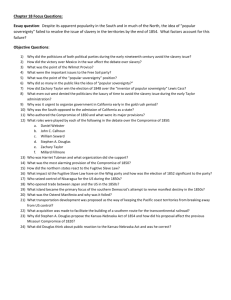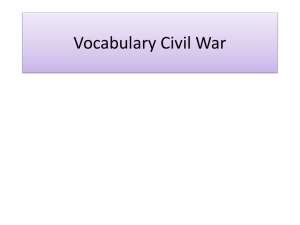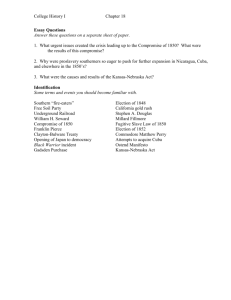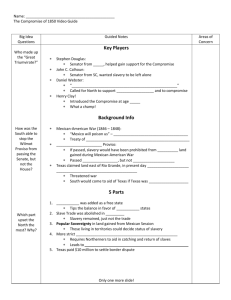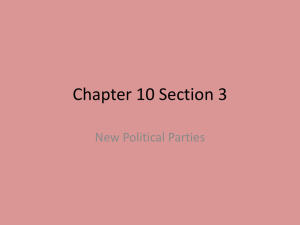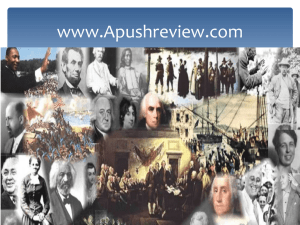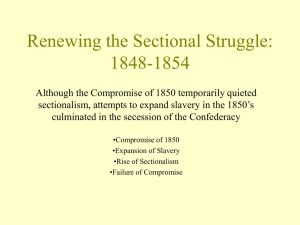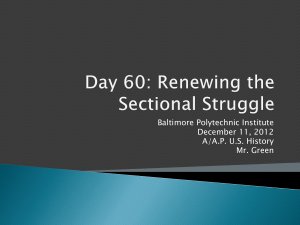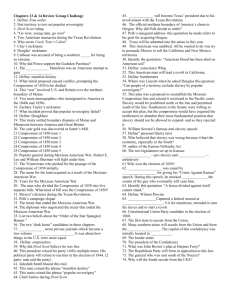Please answer TWO of the following essay questions
advertisement
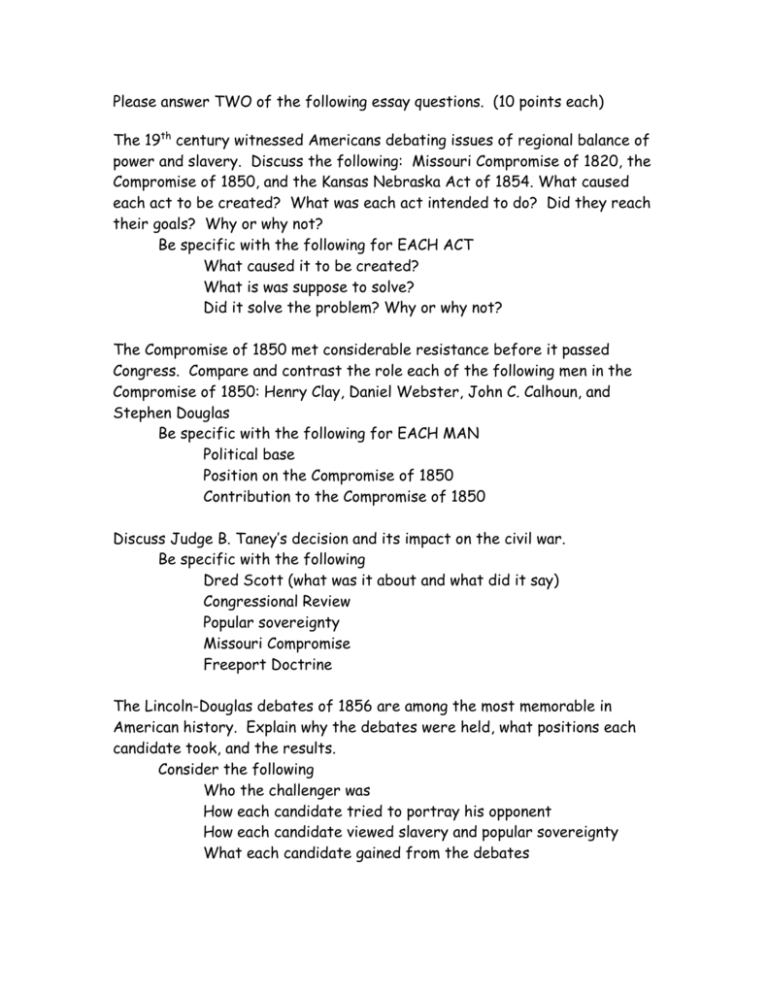
Please answer TWO of the following essay questions. (10 points each) The 19th century witnessed Americans debating issues of regional balance of power and slavery. Discuss the following: Missouri Compromise of 1820, the Compromise of 1850, and the Kansas Nebraska Act of 1854. What caused each act to be created? What was each act intended to do? Did they reach their goals? Why or why not? Be specific with the following for EACH ACT What caused it to be created? What is was suppose to solve? Did it solve the problem? Why or why not? The Compromise of 1850 met considerable resistance before it passed Congress. Compare and contrast the role each of the following men in the Compromise of 1850: Henry Clay, Daniel Webster, John C. Calhoun, and Stephen Douglas Be specific with the following for EACH MAN Political base Position on the Compromise of 1850 Contribution to the Compromise of 1850 Discuss Judge B. Taney’s decision and its impact on the civil war. Be specific with the following Dred Scott (what was it about and what did it say) Congressional Review Popular sovereignty Missouri Compromise Freeport Doctrine The Lincoln-Douglas debates of 1856 are among the most memorable in American history. Explain why the debates were held, what positions each candidate took, and the results. Consider the following Who the challenger was How each candidate tried to portray his opponent How each candidate viewed slavery and popular sovereignty What each candidate gained from the debates What did the Compromise of 1850 offer to people who supported slavery? What did it offer to those who opposed it? Consider the following Popular sovereignty Slavery (sale of slaves) in DC Fugitive Slave Act California’s admission to the Union What was the Kansas-Nebraska Act designed to accomplish? What were some of the intended and unintended results of its passage? Consider the following Details of the Kansas-Nebraska Act Repeal of the Missouri Compromise Popular sovereignty “Bleeding Kansas” breakup of old political parties gulf b/w North and South As Lincoln prepared to take over the presidency, what were his views on the existence of slavery, the expansion of slavery, and racial equality? Consider the following Morality of slavery Abolition v. expansion of slavery Social & political equality of the races
